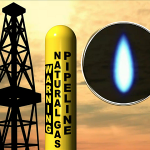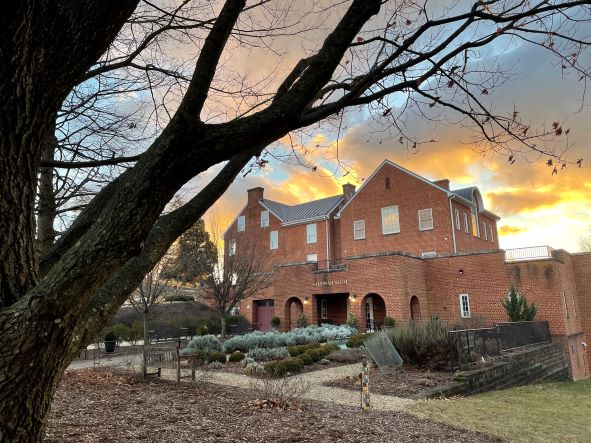 RICHMOND, Va. (AP) — Virginia environmental regulators approved engineering plans for the Atlantic Coast Pipeline on Friday, a move that means the project has the state’s permission to begin construction.
RICHMOND, Va. (AP) — Virginia environmental regulators approved engineering plans for the Atlantic Coast Pipeline on Friday, a move that means the project has the state’s permission to begin construction.
Developers will now ask the Federal Energy Regulatory Commission for authorization to start construction in Virginia, pipeline spokesman Aaron Ruby said. Work is already underway in West Virginia, where the natural gas pipeline begins, and in North Carolina.
The Virginia Department of Environmental Quality announced late Friday afternoon it had approved the project’s erosion and sediment control, stormwater management and karst protection plans, which outline engineering designs intended to protect water quality during and after construction.
The sign-off on the plans, which had been under review for over a year, means a water quality permit takes effect and the project has Virginia’s permission to start construction along the 300 miles it will cross in the state, the department said in a statement. The terrain it will cross includes steep slopes and hundreds of water bodies.
Environmental groups have argued the plans should not be approved, and they have filed legal challenges against a number of other permits, which have led to project delays.
Virginia Secretary of Natural Resources Matthew Strickler acknowledged in a statement that the Atlantic Coast and similar Mountain Valley pipeline have “raised concerns.”
He said the plans had been carefully reviewed, modified and “intensified” before being approved.
“We remain dedicated to holding them to the highest environmental standards possible pursuant to state authorities,” Strickler said.
Ruby called the approvals a “major step forward.”
“Thousands of hardworking Virginians and local businesses across the state will soon be hard at work building this transformational project,” he said in a statement.
Richmond-based Dominion Energy is the lead developer of the pipeline, which supporters say will create jobs, lure new manufacturers to the area, lower energy costs and help utilities transition away from coal.
Opponents say it will degrade water quality, trample on property rights and commit the region to fossil fuels when it should be investing in renewable energy instead.
“We simply don’t need hundreds of miles of costly and environmentally destructive gas infrastructure to keep the lights on in Virginia, but sadly, this approval is a step toward marrying Virginia to a future of higher energy costs and volatile fossil fuels for years to come while Dominion Energy profits handsomely at our expense,” Lee Francis, deputy director of the Virginia League of Conservation Voters, said in a statement.
Developers have previously said they were aiming to have the pipeline in service during the fourth quarter of 2019. Ruby said Friday they are evaluating whether legal challenges that have led to halts in construction have had any long-term impact on that timeline.



